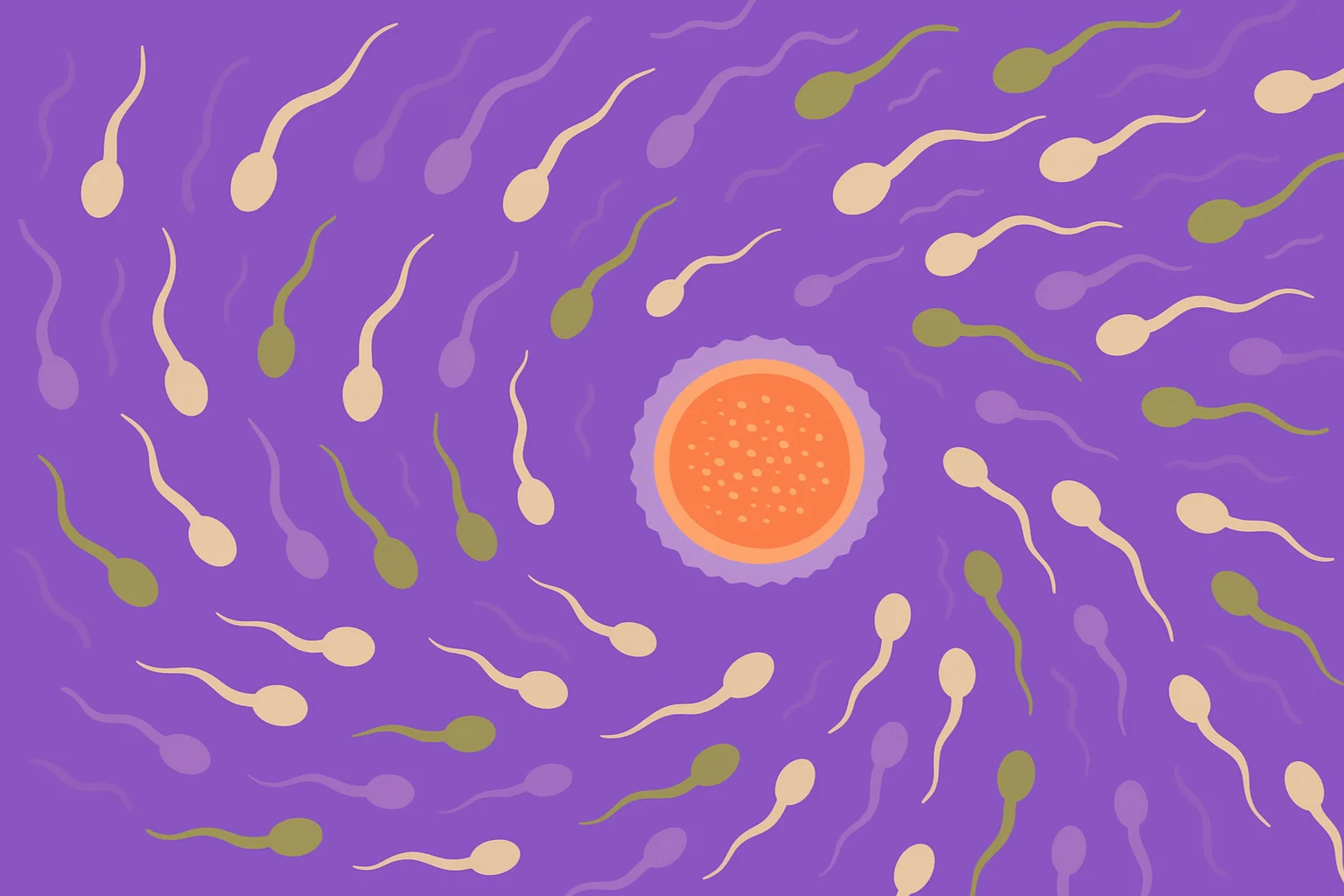When couples face difficulty conceiving, the focus often shifts to ovulation, menstrual cycles, or hormone levels. But sperm health—especially sperm count—is just as crucial. Understanding sperm count and its role in fertility can be the first step in a successful journey toward parenthood.
What Is Sperm Count?
Sperm count refers to the number of sperm cells present in a man’s semen. It is typically measured in millions per milliliter (million/mL). A normal sperm count ranges from 15 million to over 200 million sperm per milliliter of semen. Anything below 15 million is considered low sperm count, or oligospermia.
- Sperm concentration (count)
- Sperm motility (movement)
- Sperm morphology (shape)
- Semen volume
These factors together help assess a man’s fertility potential.
Why Does Sperm Count Matter?
- Chances of Conception: A higher sperm count increases the likelihood of one sperm reaching and fertilizing the egg.
- Low Sperm Count Can Delay Pregnancy: Even if the sperm are healthy and motile, a low count reduces the chances of successful fertilization each cycle.
- Indicator of Overall Reproductive Health: Low sperm count can signal underlying health issues like hormonal imbalances or infections.
What Causes Low Sperm Count?
- Lifestyle habits – smoking, alcohol, recreational drugs
- Obesity or poor diet
- Stress and sleep deprivation
- Exposure to heat or radiation (e.g., hot tubs, laptops on lap)
- Medical conditions – varicocele, infections, hormonal disorders
- Environmental toxins – pesticides, heavy metals, chemicals
How Is Sperm Count Tested?
A semen analysis is the most common test to measure sperm count. It is typically done at a fertility clinic or lab, but at-home sperm count test kits have now made it easier and more private to get preliminary results from the comfort of home.
These home kits often evaluate total sperm count and sometimes motility, giving couples a quick snapshot of male fertility.
How to Improve Sperm Count Naturally
- Maintaining a healthy weight
- Eating antioxidant-rich foods (e.g., walnuts, spinach, berries)
- Exercising regularly
- Avoiding heat exposure to testicles
- Reducing stress
- Quitting smoking and limiting alcohol
- Getting adequate sleep
Final Thoughts
Sperm count is a vital component of male fertility, but it’s just one part of the puzzle. If you're trying to conceive and are concerned about your fertility, testing sperm health early can provide valuable insights and save time.



